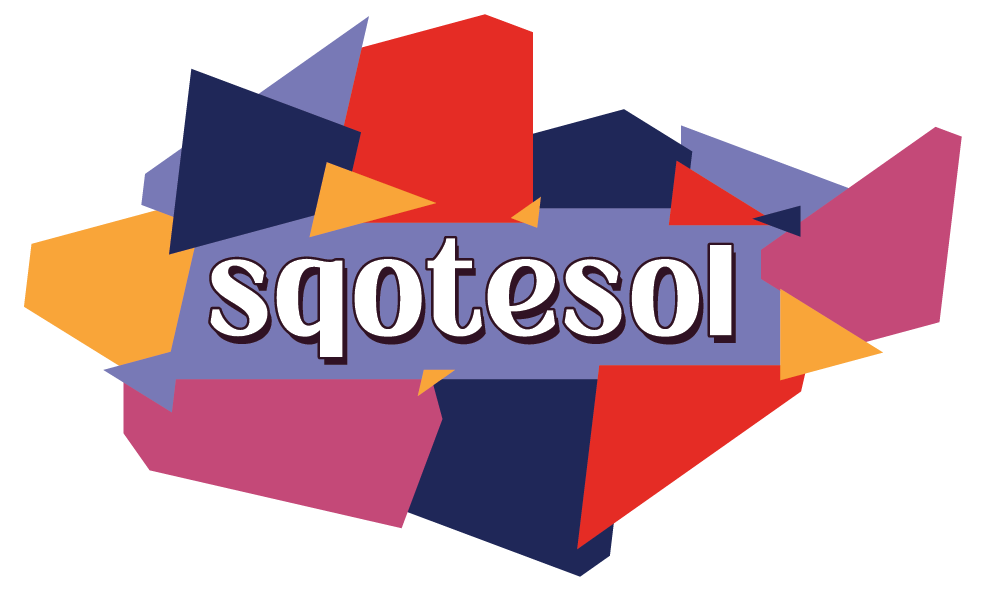FRANÇAIS
Project Presentation
The projects undertaken by SQOTESOL are part of the resistance movements of linguistic revitalization and the cultural resurgence of the Wolastoqiyik.
Linguistic revitalization is a set of linguistic and sociological processes that affect the use of a language in such a way as to re-establish a more equal relationship between groups of speakers. Cultural resurgence is also a process of revitalization – of Indigenous arts, sciences, knowledge, and values.
The projects presented here propose supportive tools in a variety of approaches.
Wiciw : Online learning platform
Financial Partner
- Heritage Canada, Indigenous Languages Component – Indigenous Languages and Cultures Program
Language Ideologies and Representations of the Wolastoqiyik
This project proposes to develop a sociolinguistic reflection surrounding the Wolastoqey language in order to act on linguistic practices (use, valorization, transmission, etc.). This project proposes to develop a sociolinguistic reflection surrounding the Wolastoqey language in order to act on linguistic practices (use, valorization, transmission, etc.).
How do the Wolastoqiyik and the non-native community perceive Wolastoqey and its speakers? What are the values (social, economic, political, cultural, etc.) attributed to this minority language? How does it fit into the New Brunswick and Canadian landscapes? Why have revitalization efforts to date not been more successful? This project will examine the ideologies and linguistic representations surrounding Wolastoqey in order to 1) account for the discourses that circulate on the value of this language and its speakers, and 2) understand what contributes to the maintenance, transmission, or learning of the Wolastoqey language. The aim is to identify the discourse of Wolastoqe community members (interviews, life stories), which will make it possible to highlight the ideologies and representations that circulate within the communities, and media discourse (newspaper articles, reports), which will make it possible to explore the external view of the community, since the media most often represents the ideologies and representations of the dominant group.
Financial Partner
- Université de Moncton, Faculté des études supérieures et de la recherche (Faculty of Graduate Studies and Research), Programme de soutien à la recherche autochtone (Indigenous Research Support Program).
Podcast: Let’s Learn Wolastoqey
The objective of this limited series podcast is to stimulate interest in learning the Wolastoqey language in the francophone communities of Wolastokuk (Matawaskiye and Wahsipekuk). Based on the testimonies of members of these communities who are experiencing additional challenges in language revitalization, the aim is to report on the linguistic representations of the Wolastoqiyik and to gather their reflections on the social aspects of the language: the issues surrounding language transmission, the obstacles to its revitalization, its importance in culture and traditions, etc. Ultimately, the aim is to explore the various possible answers to the question “Why learn Wolastoqey today?”
Financial Partner
- Université de Moncton, Faculté des études supérieures et de la recherche (Faculty of Graduate Studies and Research), Programme de soutien à la recherche autochtone (Indigenous Research Support Program).

